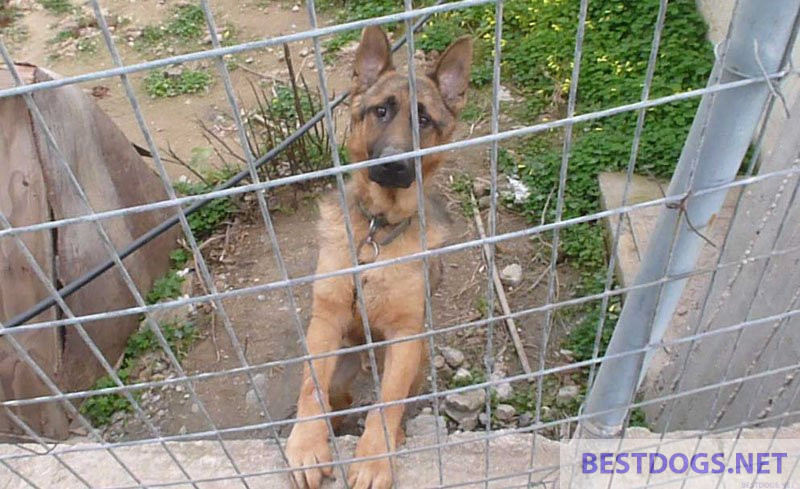Gun law and hunting on Crete and in Greece.
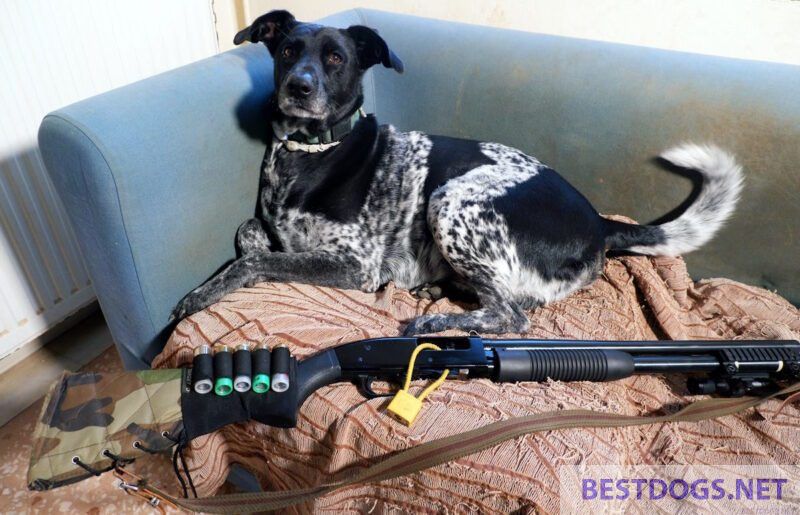
Hunting Regulations in Greece: Understanding the Legal Framework
Table of Contents
Hunting in Greece is governed by a comprehensive set of regulations designed to manage wildlife conservation and to ensure that the activity is conducted ethically and sustainably. These regulations are implemented by the General Secretariat of Forests and Natural Environment, which falls under the purview of the Ministry of Agriculture. Individuals interested in hunting must possess a valid license, which is mandatory to carry at all times while engaging in hunting activities. In addition, a multi-choice test is required in which the applicant must prove that he has understood the basic hunting rules.
Licenses are subject to specific qualifications, and in certain cases, foreign licenses may be recognized, permitting international hunters to participate in hunting within designated areas.
The country’s hunting laws are periodically updated to adapt to changing ecological and social factors. Authority for overseeing and controlling hunting activities is vested in the Ministry of Environment, Energy and Climate Change, particularly through the Directorate of Forests and the Unit of Aesthetic Forests and Hunting. Seasonal restrictions are in place to protect certain species during their breeding or migration periods, and hunting is often allowed only in specified geographic zones. Hunting season is usually from September to February.
In addition to federal regulations, local hunting clubs play a significant role in the management of hunting practices. These clubs often act as intermediaries for hunters to acquire necessary permits and facilitate the dissemination of information regarding hunting seasons, legal quarry, and hunting methods. The collaborative effort between national authorities, local clubs, and hunters helps to maintain the integrity of natural habitats while offering controlled and regulated hunting opportunities.

Hunting Regulations and Legislation
Greece’s hunting regulations are a framework of laws and documentation intended to manage wildlife preservation and ensure responsible hunting practices. These laws are delineated by various national and EU directives, and adherence to them is mandatory for all hunters, local or foreign.
Legal Requirements and Documentation
Hunters in Greece are required to obtain the necessary documentation before engaging in the sport. A hunting license, issued by the relevant authorities, is mandatory and must be on the hunter’s person at all times during the hunt. EU citizens may use their foreign licenses in specific areas, and all applicants must not have a criminal record. Apart from the hunting license, additional documents such as a passport and insurance may be necessary. The Ministry of Environment and Energy (Gamekeepers office), alongside local police stations, are involved in the issuance and regulation of these documents.
Documentation typically includes:
- Hunting license
- Valid passport (for non-residents)
- Proof of insurance (usually available together with the local hunting licence)
Species and Seasons

Regulated by the Hellenic Hunters Confederation and the Ministry, hunting in Greece is permitted only for specific species during set seasons. For example, the Kri Kri Ibex (Capra aegagrus cretica) and wild boar have particular seasons when they can be legally hunted. Hunters must stay informed about the current hunting seasons and the species that are allowed to be hunted to ensure compliance with the legal framework.
Huntable species include:
- Kri Kri Ibex (Capra aegagrus cretica)
- Wild boar
- Woodcock
Protected Areas and Restrictions
Certain areas in Greece, like Sapientza and other controlled hunting areas, are subject to strict hunting regulations to safeguard biodiversity. Hunting is either severely restricted or altogether banned in these zones. Hunters must respect these boundaries as stipulated by the hunting regulation to avoid legal repercussions and to contribute to conservation efforts.
Examples of restrictions:
- No hunting in National Parks (NAT; outlined in yellow on the map below)
- Specific rules for controlled hunting areas
- Not in a 300 metre zone from the sea
- At least 250 metres from the nearest house or road
- Not in areas devastated by forest fires where hunting has been banned by the competent authority
- Not in the vicinity of archaeological sites
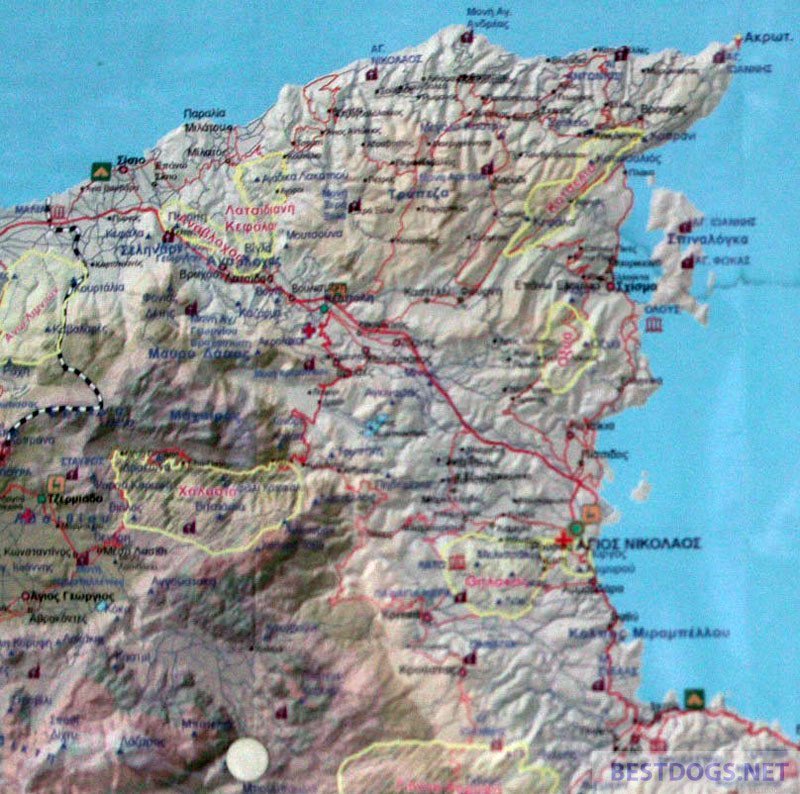
Equipment and Firearms Regulations
Greek law enforcement agencies, including the police, enforce stringent regulations on the types of hunting equipment and firearms that may be used. Shotguns are the most common legal firearm, whereas automatic weapons and unregistered rifles are prohibited. The use of nets, traps, or other non-selective hunting methods is also forbidden as part of responsible hunting practices and to maintain ecological balance.
Only single or double-barrelled shotguns with a shotgun length of more than one metre and containing no more than three shot loads are permitted. The use of lead shot in wetlands is prohibited.
Firearm rules include:
- Shotguns permitted
- Automatic weapons banned
- No use of unregistered rifles
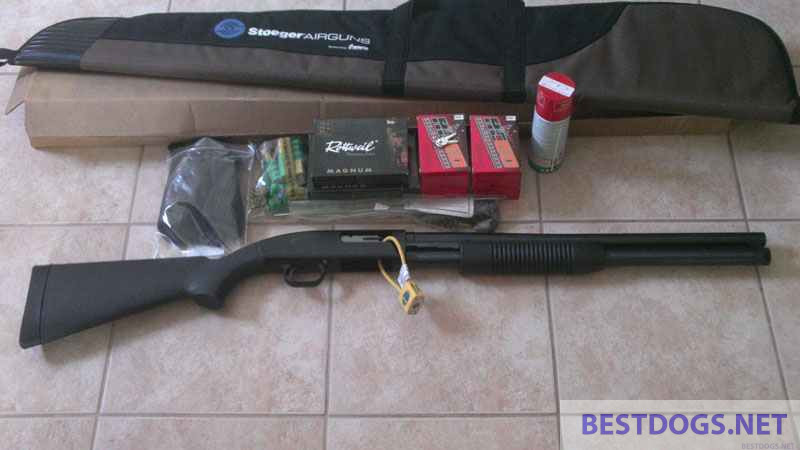
The criteria set by the Ministry of Environment and Energy, along with national legislation and European Union directives, are in place to ensure that hunting activities are conducted safely, legally, and with a mind toward conservation and sustainability.
Hunting Permits and Licensing Process
In Greece, the process for obtaining hunting permits involves various steps and requires coordination with regulatory bodies. Anyone wishing to hunt must secure the appropriate licenses and adhere to the stipulated fees and regulations.
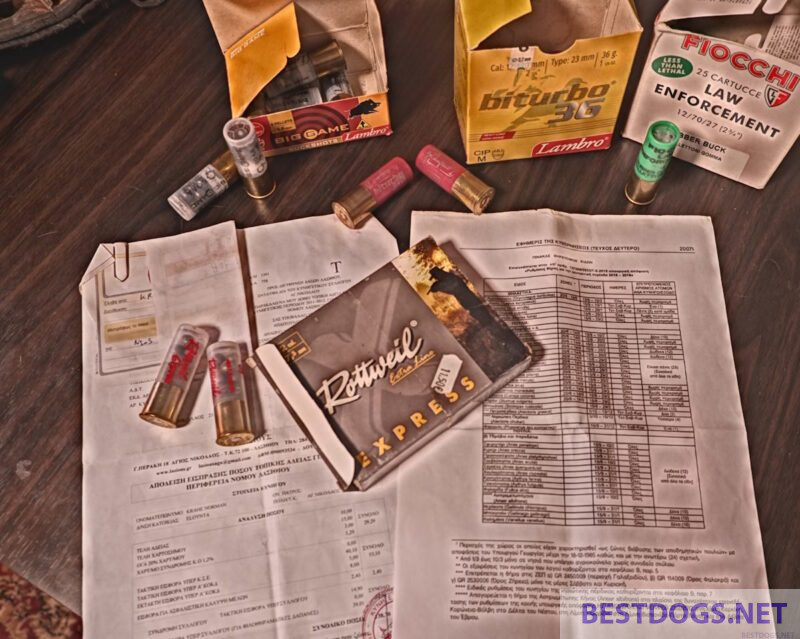
Application and Issuance
Those seeking a hunting licence must be at least 18 years old and apply through the Ministry of Environment and Energy (Gamekeeper’s office) or police stations in the region they intend to hunt. The application must include personal identification, proof of no criminal background, and payment of applicable fees. In addition, a multi-choice test is required in which the applicant must prove that they have understood the basic hunting rules.
Upon approval, licenses are issued, which are valid for the annual harvest season and must be renewed periodically. Additionally, special permits are required for hunting in Controlled Hunting Areas.
Fees and Taxes
To acquire a hunting licence, applicants are obligated to pay certain fees and taxes, including VAT. These costs may vary depending on the type of licence—whether general, regional, or local. Insurance is also mandatory, ensuring coverage for potential accidents during hunting activities.

Regulatory Bodies and Enforcement
The Ministry of Environment and Energy, which monitors the hunting regulations with its gamekeepers, is the main regulatory body overseeing hunting regulations, while local hunting federations play a role in enforcement. Hunters must present their licenses and special permits to the authorities before and after a hunt. These entities also oversee the registration of trophies from successful hunts to ensure compliance with conservation measures and ethical standards.

Frequently Asked Questions
In Greece, hunting regulations are precise and designed to ensure both the conservation of wildlife and the safety of the public. Here, we address some of the most common inquiries regarding the specifics of hunting different species and the necessary licensing.
What species are legal to hunt in Greece?
The species that can be legally hunted in Greece are determined by the General Secretariat of Forests and Natural Environment and include game such as hare, pheasant, wild boar, and various species of waterfowl and upland birds. It is important that hunters familiarize themselves with the list of huntable species for the current season as these can change.
Are there specific bird hunting regulations in Greece?
Bird hunting is regulated by both national and EU legislation. Specific measures, including permissible hunting seasons and protected areas, are in place to ensure the sustainability of bird populations. Details on regulations, including the transposition of the Birds Directive and trapping laws, can be found in the summary of national hunting regulations.
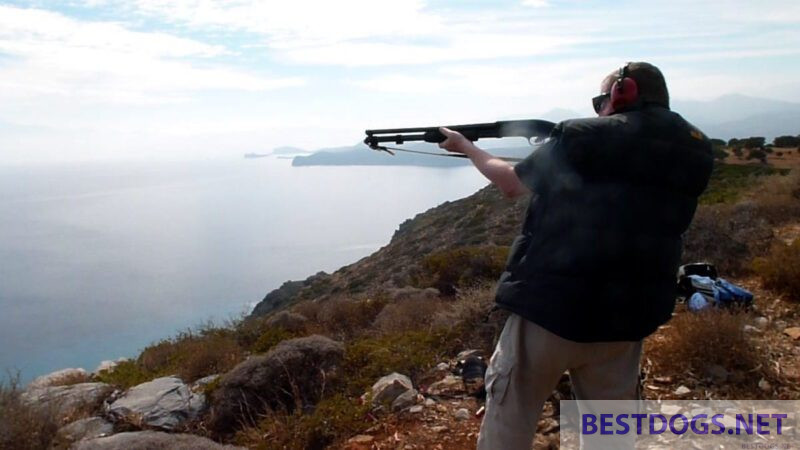
The list of bird species that can be shot includes the skylark, wood pigeon, rock pigeon, quail, turtle dove, song thrush, thrush, redwing, juniper, blackbird, magpie, jackdaw, carrion crow, starling, woodcock, pheasant, rock partridge and chukar partridge.
Throughout Greece, wild boar, red fox, wigeon, mallard, pintail, garganey, shoveller, pochard, tufted duck, tufted duck, coot, gadwall, white-fronted goose, pochard, snipe and lapwing can also be hunted.
What are the laws surrounding deer hunting in Greece?
Deer hunting in Greece is subject to strict regulations which include designated hunting seasons and areas where hunting deer is allowed. Licensed hunters must adhere to the quotas and guidelines set forth in Greek hunting law.
How does one legally engage in Kri Kri ibex hunting in Greece?
To legally hunt Kri Kri ibex on Sapienza Island, hunters must have a general hunting license and obtain a special permit for hunting in the Controlled Hunting Area. Detailed information on the acquisition of hunting rights and other pertinent rules can be found in the HUNTING REGULATIONS by Kri Kri Hunt.
What are the requirements for spearfishing in Greece?
In Greece, individuals wishing to partake in spearfishing must have a fishing license. There are also specific areas where spearfishing is allowed and certain periods during the year when it is prohibited to protect marine life during breeding seasons.
Is bow hunting permitted in Greece and what are the regulations?
Bow hunting is not widely practiced in Greece and, as such, the regulations for bow hunting are not as extensive as for firearms. Prospective bow hunters should approach the relevant local authorities to check for the latest regulations and any region-specific restrictions that may apply.
Gun Law in Greece: Regulations and Ownership Criteria
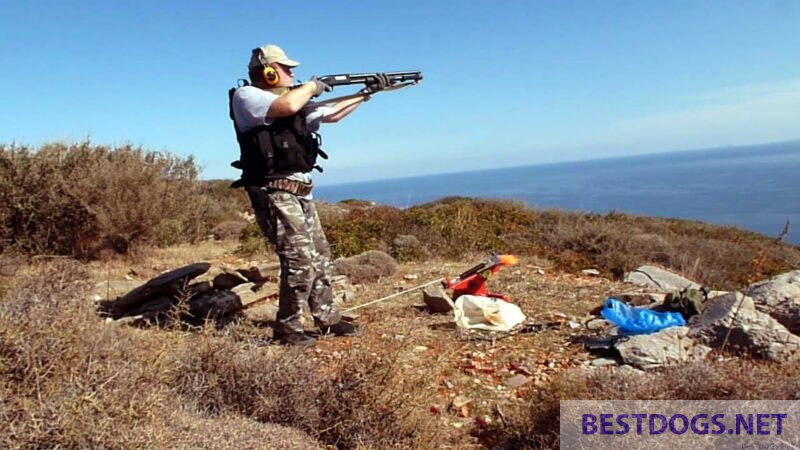
In Greece, the regulation of firearms reflects the country’s commitment to both maintaining public safety and respecting individual traditions surrounding hunting and sport shooting. Greek gun laws are designed to strike a balance between these interests. As a result, private citizens are permitted to own and use firearms for specific purposes that are culturally significant, including activities like hunting, which has deep roots in the Greek way of life, and participating in sport shooting events.
The legal framework governing firearms in Greece is characterized by stringent control measures. Both the ownership and usage of guns are closely monitored through a mandatory licensing process. To legally possess a firearm, individuals must meet a series of requirements, which may include background checks, safety training, and justification for gun ownership.
Understanding the intricacies of these regulations is essential for anyone looking to navigate the legalities of gun ownership in Greece. While upholding the necessary restrictions for safety, Greek gun laws also show respect for the cultural aspects of firearm use within the country.
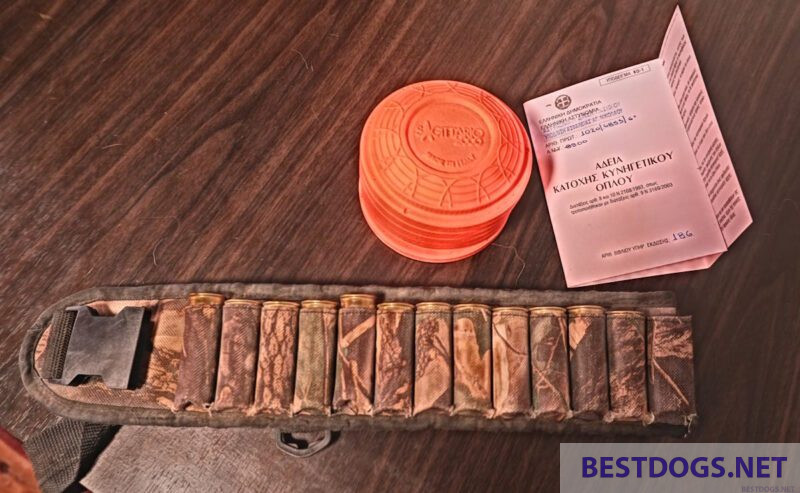
Firearm Legislation and Ownership in Greece
In Greece, firearms are subject to stringent laws and regulations, mandating that individuals meet specific criteria to secure a gun license for ownership and use.
Legal Framework Governing Firearms
Legislation in Greece strictly oversees the possession, use, and commerce of firearms and ammunition. Greek law enforcement agencies enforce these laws to ensure public safety. In particular, Greek weapons law delineates clear stipulations on what constitutes legal firearm ownership, focusing on types of firearms that are permitted and those that are not, including self-defense provisions.
Gun Ownership Requirements
To own a gun in Greece, an individual must comply with precise ownership requirements. This typically includes undergoing a meticulous background check, which reviews criminal records and assesses the potential owner for mental illness or a history of domestic violence. Moreover, the licensing process mandates a clear demonstration of the applicant’s need for a firearm, whether for protection, hunting, or sport. A gun license in Greece is a prerequisite for any firearm ownership, underscoring the country’s commitment to preventive gun control measures.
Permitted:
- Handguns
- Rifles
- Shotguns (also pump guns or repeating shotguns)
- Air rifles
- Semi-automatic firearms used for sport or hunting
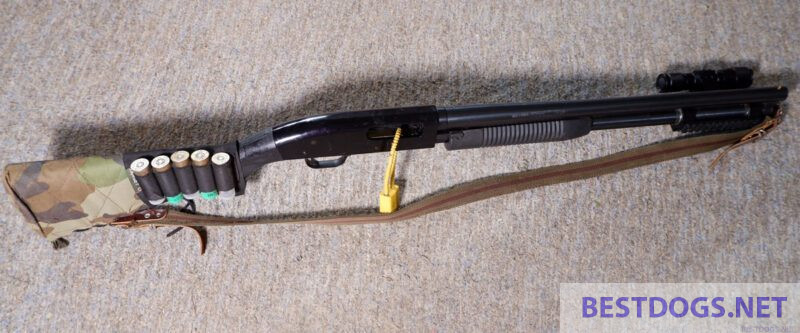
Prohibited:
- Automatic weapons
- Concealed carry without special permission
- Knives and batons without legitimate reason
Prohibited and Permitted Firearms
Greece prohibits certain types of firearms outright and allows others under stringent regulations. The law prohibits automatic weapons entirely, while permitting handguns, shotguns, and rifles for licensed individuals. Similarly, while airsoft guns may be used for recreation, air rifles are subject to ownership laws.
Ownership of small arms is typically related to:
- Hunting
- Sport shooting
- Self-defense (with strict restrictions)
Ownership is denied if:
- The individual fails to meet strict licensing criteria
- The purpose of ownership doesn’t align with legal uses such as hunting, sport, or explicit self-defense needs
Once the firearms licence has been approved, the applicant receives a document with which he can purchase a firearm in a licensed gun shop. In Heraklion, we recommend the hunting weapons and fishing accessories shop ‘Jorgo Pervolarakis’ (road 12 Idis in the center) with a large range of firearms and ammunition on the first floor, ‘inconspicuously camouflaged’ by a small spice shop on the ground floor.
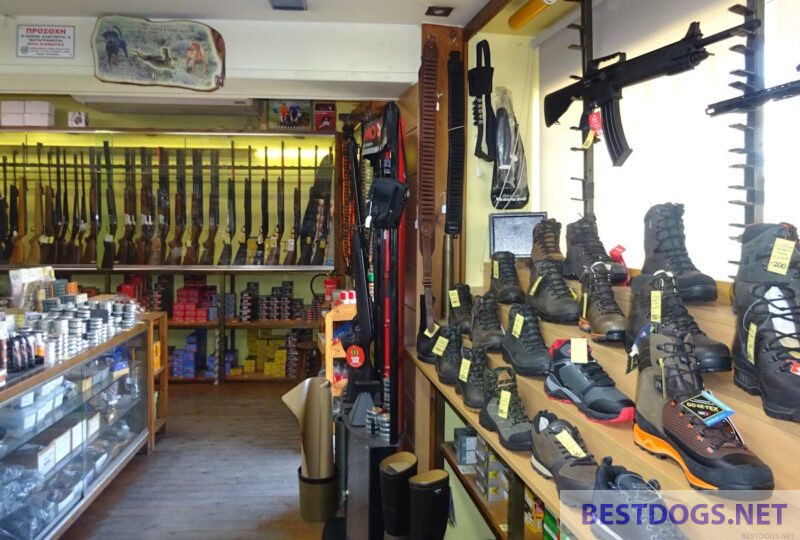
He then returns with this weapon to the police authorities, where the weapon is registered and a firearms licence valid for ten years is issued.
The firearm only needs to be secured with a safety lock (see yellow lock on the photos of the Maverick pump-action shotgun on this page), which makes it impossible to use, and can be stored in the wardrobe of your own home, for example.
Without a hunting licence or membership of a shooting club or similar, the gun may not leave the house or be fired.
In summary, Greek firearm ownership laws are designed to ensure that only responsible individuals who have undergone a rigorous screening process and meet legal requirements are able to legally own and use firearms.
Cultural and Practical Application of Firearms
In Greece, firearms serve distinct roles in both cultural traditions and practical day-to-day uses. From hunting and sport shooting to personal security, Greek citizens interact with firearms in ways that reflect their legal framework and cultural values.
Hunting and Sport Shooting
In Greek culture, hunting is not only a means of wildlife management but also a deeply ingrained tradition connecting people to the land. Participants often engage in hunting with hunting rifles, utilizing ammunition suited for various types of game.
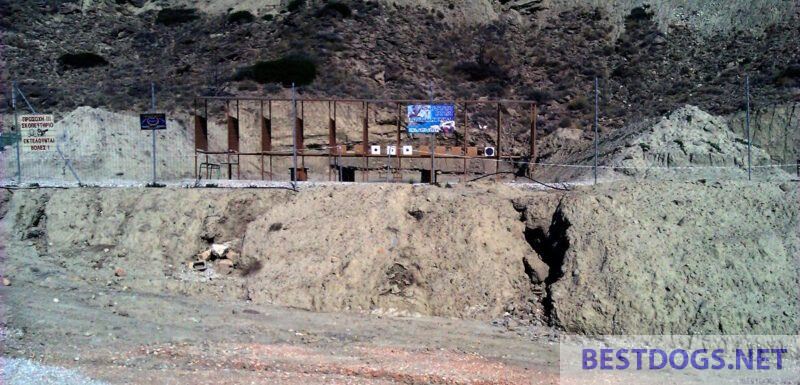
Greece boasts a number of gun clubs where individuals can hone their skills, emphasizing gun safety and responsible shooting. Sport shooting, including target shooting, is another popular activity, with events often tied to community practices and cultural celebrations.
-
Hunting Practice:
- Wildlife management and tradition
- Use of hunting rifles and appropriate ammunition
-
Sport Shooting:
- Gun clubs fostering skills and safety
- Tournaments and events imbued with cultural significance
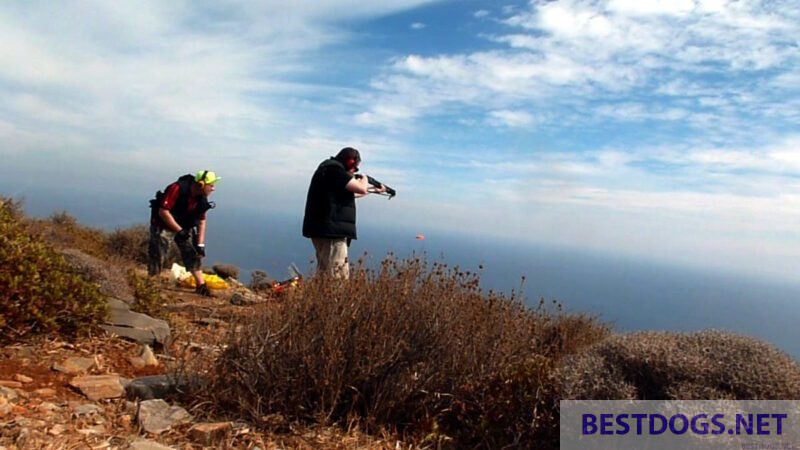
Firearms for Personal Security
While Greece maintains strict regulations on the ownership and use of firearms for personal security, there is a provision for concealed carry permits under certain conditions. Civilians looking to own firearms for protection or self-defense must pass rigorous background checks and medical evaluations, reflecting the commitment to public safety.
Such a handgun with a limited supply of ammunition can be obtained with the authorisation of a public prosecutor – e.g. after an attempted murder, an attack or a clear threat situation.
In this case, it is also advisable for foreigners to report the offence to the police authorities in their home country, who will then work closely with their Greek counterparts and the public prosecutor’s office in Athens.
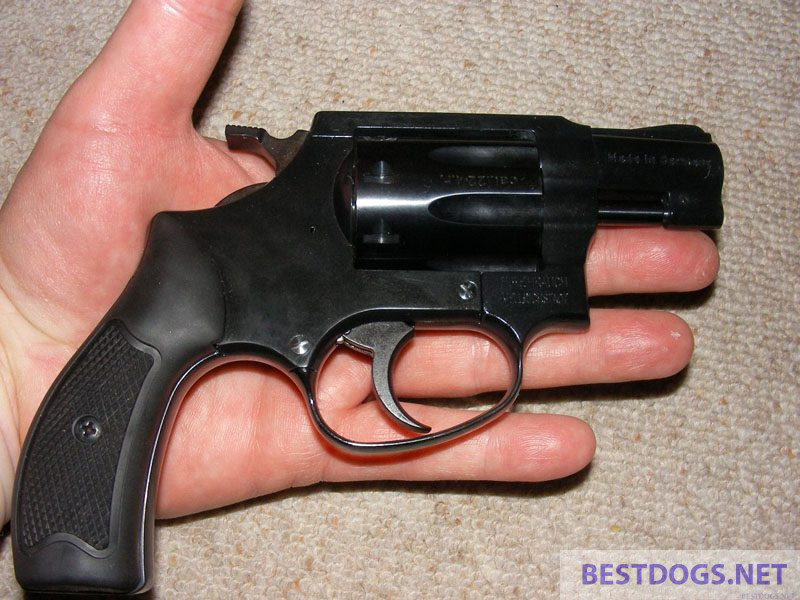
In relation to the (legally) registered number of firearms, the number of victims caused by the use of these weapons in Greece is quite low by international standards. Most of the people who suffer gunshot wounds are hunting accidents.
Police officers, who are trained in the use of firearms, play a pivotal role in upholding the law and protecting the public, thus illustrating the government’s approach to minimizing gun violence and crime.
-
Strict rules for handguns in Greece. Legal Framework:
- Background checks and medical evaluations for private firearm ownership
- Strict criteria for the issuance of concealed carry permits
-
Role of Police:
- Enforcement of firearm regulations
- Ensuring the safety of the public through professional training and conduct
In summary, whether for sporting purposes or personal protection, firearms in Greece are subject to a legal structure that emphasizes safety, tradition, and democratic oversight.
Video Maverick Model 88 and Fabarm Pumpgun
Video of clay pigeon shooting with the Maverick Model 88 and a Fabarm pump (1:13 min).
Frequently Asked Questions
In this section, readers will find answers to common inquiries regarding gun ownership, the legal framework, and the effects of gun legislation in Greece.
Are handguns legal to own for civilians in Greece?
Civilians in Greece can legally own handguns, but they are subject to stringent regulations. Owners must meet specific criteria and purposes such as sporting or self-defense to be eligible.
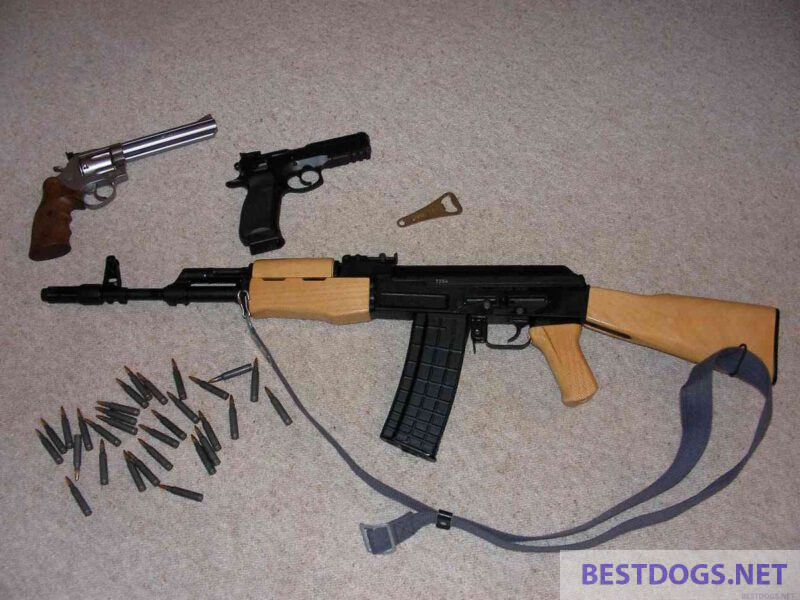
Can a foreigner legally own a firearm in Greece?
Foreigners in Greece are not typically permitted to own firearms. Only Greek citizens and EU nationals with a residence permit in Greece with the appropriate weapon permits are authorized to carry firearms, and bringing a gun into the country requires proper permits and authorizations.
How do Greek gun control measures compare to those of other European countries?
Greek gun control measures are considered strict in comparison to some other European countries, with detailed regulations focused on reducing illicit use and enhancing public safety.
What are the requirements for obtaining a firearm license in Greece?
To obtain a firearm license in Greece, individuals must provide from police authorities a valid identification, have no criminal record (for EU nationals with permanent residence in Greece, the police authority in the respective home country is contacted), pass a psychological and physical (medical certificates) evaluation, and demonstrate knowledge of firearm handling and safety.

What types of firearms are prohibited for private ownership in Greece?
Fully automatic firearms and certain types of military-grade weapons are prohibited for private ownership in Greece. Only firearms that are specifically allowed under Greek law can be owned by civilians.
What impact have Greek gun laws had on the country’s crime rates?
The impact of Greek gun laws on crime rates appears to be positive, with regulations contributing to lower instances of gun-related crimes compared to countries with more lenient laws.
Disclaimer: As I am not a lawyer, the above statements are the result of my personal research, opinion and my own experience. It does not constitute legal advice.






